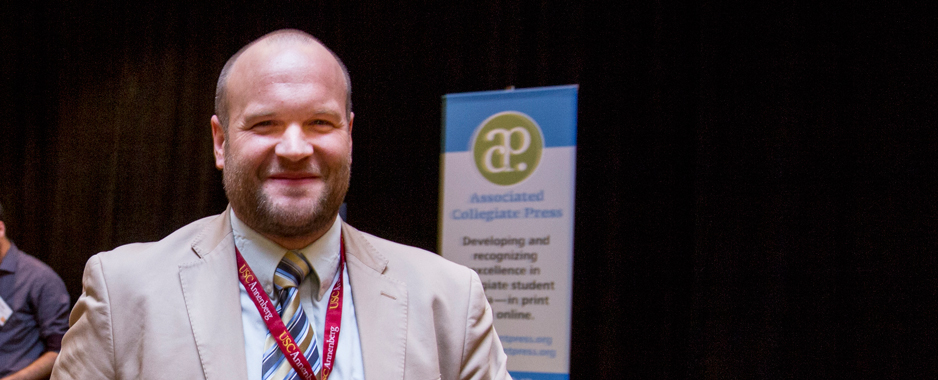The recent elections brought education issues into voters’ minds with one issue centered on higher education’s rate of completion determining each institution’s funding.
Funding for higher education shouldn’t hinge on the rate at which students complete their two-year and/or four-year degrees.
This is especially damaging to two-year institutions like TCC, which should act as the staging ground for students to determine what they want their education to do for them.
Community college is the perfect venue for traditional and non-traditional students alike to find their niche. Students change their majors throughout their education as they learn what they prefer, like or don’t like about their chosen fields.
Expecting students to have the opportunity to explore their fields of choice while sticking to a strict timeline is the same as expecting students to guess at the beginning of their education what they will enjoy at the end.

It doesn’t leave students with the option to explore subjects and fields of study.
School is where students should feel comfortable failing. This is where decisions that will change the course of their lives are made. It’s where they learn they love geology more than biology, that they can pass a math class, that writing a paper isn’t the hardest part of their lives and that oral presentations don’t have to be painful.
People expand their academic horizons, learn new skills and come out of their shells during college. Putting a timeline on a person doing these things is foolish.
Whether intended or not, focusing on completion rates will cause education to be a race to a piece of paper instead of learning life skills alongside subject matter.
Each semester, TCC offers seminars that help students learn how to think critically, resolve conflict while working in groups and develop skills that apply to both classroom and work environments.
It doesn’t make sense to punish community colleges for having students take longer than two years to complete a “two-year” degree.
Yes, two-year completion rates are higher among full-time students who don’t have any serious financial obligations.
However, they aren’t guaranteed a job in their field just because they raced for the paper.
Students who finish with a bachelor’s degree in five or six years could use the “extra” time getting academic experience in their chosen fields and strategize how to leverage that experience in the job market.
Also, while the institutions may receive funding for students completing degrees on time, students aren’t receiving enough financial incentive.
Actually, many of those students end up in debt they could have avoided by paying for fewer classes out of pocket instead of more classes with a student loan.
Therefore, funding for higher education should not depend on the timeliness or rate that students are completing their degrees. It’s better to take more time, have less debt and know they have the right degree and can use it.
End the Legislature’s contributing to the epidemic of students walking away with a piece of paper, mountain of debt and no clue what the next step is.



























